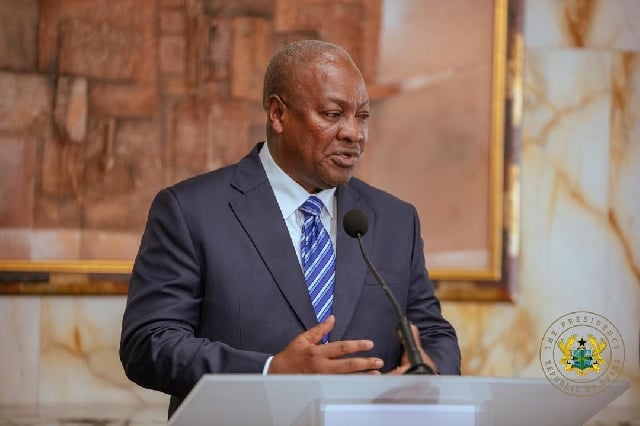The Minority Caucus in Parliament has issued a grave warning about the escalating erosion of democratic principles and the rule of law in Ghana. They cite a disturbing pattern of actions by the ruling power, including the suspension of the Chief Justice and the widespread dismissal of public servants, allegedly based on political affiliations. These actions, the Caucus argues, constitute a direct assault on Ghana’s hard-won democratic progress and represent a dangerous slide towards authoritarianism. The Caucus contends that these actions are not isolated incidents but rather components of a broader strategy to dismantle checks and balances and consolidate power, thereby jeopardizing the very foundations of Ghana’s democratic governance. They emphasize the critical need for citizens to actively resist these encroachments and defend the principles of democracy and the rule of law.
The suspension of the Chief Justice, a key figure in upholding judicial independence, is viewed by the Minority as a particularly egregious example of this concerning trend. This action, they argue, not only undermines the integrity of the judiciary but also sets a dangerous precedent for future interference in the judicial process. The independence of the judiciary is a cornerstone of any democratic society, serving as a crucial check on executive power and ensuring that all citizens have equal access to justice. By compromising this independence, the ruling power, according to the Minority, is effectively dismantling one of the most important safeguards against tyranny and creating an environment where political considerations can override legal principles. This, they warn, will inevitably lead to a climate of fear and uncertainty, where citizens are hesitant to exercise their rights and challenge abuses of power.
Adding to these concerns are reports of a potential move to remove the Chairperson and deputies of the Electoral Commission. This development, the Minority argues, represents a “crisis of legitimacy in the making,” striking at the heart of the electoral process and threatening the integrity of future elections. A fair and impartial electoral commission is fundamental to ensuring free and fair elections, which are the bedrock of any democratic system. By attempting to control the electoral commission, the ruling power, according to the Minority, is signaling its intent to manipulate the electoral process and cling to power through undemocratic means. This undermines public trust in the electoral system and creates a fertile ground for political instability and potential conflict.
The Minority Caucus also strongly condemns the dismissal of numerous public sector workers, alleging that these terminations are politically motivated and designed to punish those perceived as disloyal to the ruling party. This practice, they argue, not only deprives individuals of their livelihoods but also destabilizes the economy and creates a climate of fear and insecurity within the public sector. A professional and impartial public service is essential for the effective functioning of any government. By targeting public servants based on their political affiliations, the ruling power, according to the Minority, is eroding the professionalism and impartiality of the public sector and replacing it with a system based on patronage and political loyalty. This not only undermines the efficiency and effectiveness of government services but also creates a chilling effect on dissent and critical thinking within the public sector.
The Minority Caucus emphasizes the urgency of the situation, calling for broad public engagement and resistance against these perceived authoritarian tendencies. They urge citizens to recognize the gravity of the moment and to actively defend their democratic rights and institutions. Apathy and inaction, they warn, will only embolden those who seek to undermine democracy and consolidate power. The Caucus emphasizes that the defense of democracy is not the sole responsibility of politicians or civil society organizations; it is a collective responsibility that requires the active participation of all citizens. They call on Ghanaians to rise above partisan divisions and unite in defense of their shared democratic values.
The Caucus’s statement concludes with a powerful reminder of the historical consequences of failing to defend democracy. They warn that future generations will not forgive the current generation’s silence and inaction in the face of democratic backsliding. This underscores the moral imperative to resist authoritarian tendencies and protect the hard-won gains of democratic governance. The Caucus’s message is a clear and urgent call to action, urging all citizens to recognize the fragility of democracy and to actively participate in its preservation. They emphasize that the future of Ghana’s democracy rests on the collective vigilance and action of its citizens.














